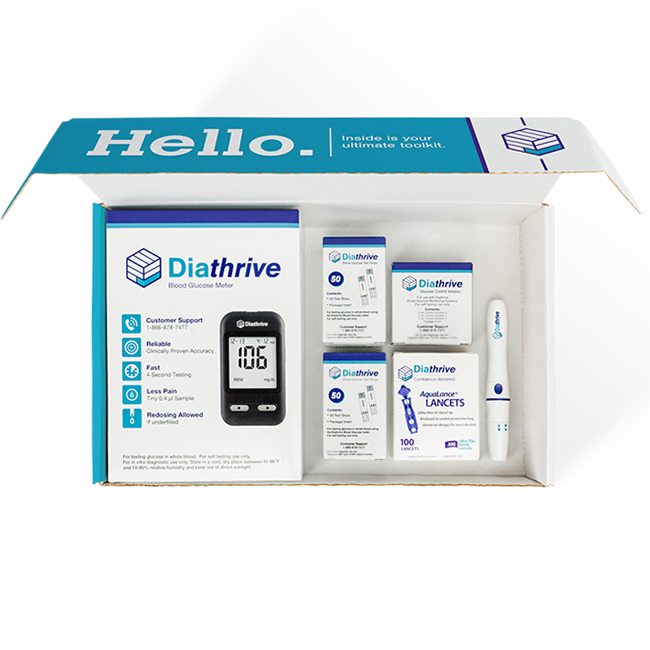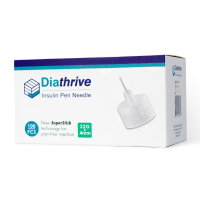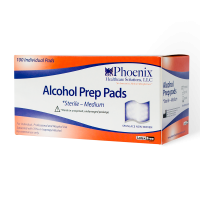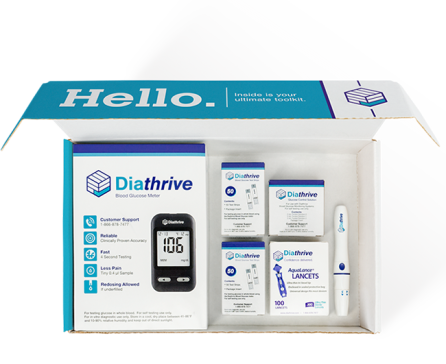
Type 1 diabetes is on the rise and it's hard to figure out why. Here are some important points from Peg Abernathy.
Startling news: Type 1 diabetes (T1D) is on the rise. According to a new 2020 CDC report, T1D has shown a 30% increase in diagnoses in the United States since 2017. And even though we know that T1D is rising, do we know why? And if we do know why, how do we stop it or at least slow it down? What do we do about this alarming development?
What is Type 1 Diabetes
Type 1 Diabetes is an autoimmune condition where the cells in the body that produce insulin (beta cells in the pancreas) are destroyed by the body’s immune system. There is no cure. There is no prevention. And, if for any reason at all, we lose access to insulin, we typically die within 2-7 days. We are not only treated with insulin, we are completely and totally life dependent on insulin.
Oh, and no, we didn’t eat too much sugar and bring this on ourselves. Let’s put it this way. When a baby of 1 month old develops T1D, would you tell that little baby that they ate too much sugar? Would you shake your finger at them and sternly say they didn’t exercise enough? I don’t think so. And I think you get my point here.
Why Is T1D On The Rise?
The facts about the rise of T1D are startling. And naturally, they beg the question, “What’s happening here?” I think part of the issue is that, even though we are discovering many things about T1D, there doesn’t seem to be one specific reason for its actual development.
In my non-medical opinion, my thought is that the development of T1D is probably a myriad of events. A perfect storm of triggers and genetic predispositions that are contributing to this autoimmune response. Perhaps environmental triggers that are escalating and prompting autoimmune responses in the vulnerable, or ongoing life stressors impacting our overall immune systems, or maybe even chemicals in our food and water.
And just to add to the confusion, does the development of T1D have to have all components, or just one or two? Could part of the issue be that those of us living with T1D are living healthier and longer lives and thus passing on the genetic component?
So, What Should We Do?
Because there is no prevention and especially since there is typically no warning until we are symptomatic, T1D most often sneaks up on us and smacks us down once we are at our most vulnerable. So my thought at this time is that, until we have the answers that are so elusive and desperately needed, we should turn our attention to understanding how to recognize the symptoms of T1D. This could save lives. Within hours. Not figuratively, literally. And with Type 1 on the rise, testing for T1D should always be a consideration. This just makes sense. If you recognize any of these symptoms, please contact your physician right away.
Early Symptoms of Type 1 diabetes
-
unquenchable thirst
-
frequent urination
-
for babies and toddlers, heavy diapers
-
for children with no previous concerns, sudden bedwetting
-
weight loss (despite an increased appetite)
-
decreased energy level
-
blurry vision
-
a fruity smell to the breath
More Advanced Symptoms
-
stomach pain
-
fatigue or weakness
-
nausea or vomiting
-
rapid, heavy breathing
-
loss of consciousness
People Making a Difference In Awareness
There are so many amazing people who are making a huge difference in educating the public at large on how to recognize the symptoms of T1D so that they know when to ask for a simple urine or blood test from their healthcare team. There are legislators, celebrities, parents and adults with T1D who work tirelessly to help promote and grow awareness in the general public. Those of us with T1D are a small subsection of diabetes statistics (about 7% of the total diabetes population) but we are also loud, disruptive and relentless in our efforts to educate and advocate.
Please share some of the following links that are stellar examples of why it’s so important for a better awareness of its symptoms.
Thank you!! On we go….
Bret Michaels' Testimony 3/27/19
Former State Senator, Ted Gaines Testifies in Support of SB 138
EASE T1D Founder, Debbie George Testifies in Support of SB 138





